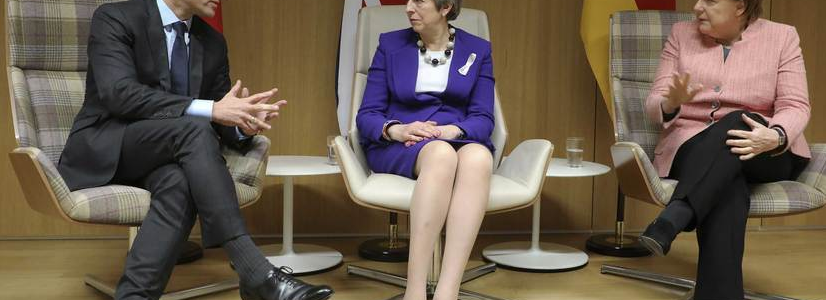
US President Donald Trump’s unilateral withdrawal from the Joint Comprehensive Plan of Action (JCPOA) has created an urgency for all other deal signatories to work toward saving the accord. As international companies face a new dynamic and risk profile, innovative steps will need to be taken to sustain the deal, especially in response to Iranian expectations.
After President Hassan Rouhani’s declaration May 8 that Iran will engage with European signatories to assess whether it is possible to continue implementing the deal without the United States, Supreme Leader Ayatollah Ali Khamenei on May 9 publicly summarized Iran’s priorities, “If you want to agree on anything, make sure there are practical guarantees in place. Otherwise, they will do what the US did to us. … Officials are facing a big test: Are they going to ensure that the nation’s pride will be protected or not? The pride and interests of the nation must be truly secured.”
In other words, the new JCPOA construct — based on agreements with the United Kingdom, France, Germany, Russia and China (defined as either the E3+2 or P4+1) — needs to consider Iran’s dignity and put in place guarantees that cannot be easily undone by political shifts in respective capitals. In an Al-Monitor article in March, a number of suggestions were made for measures that would address some Iranian concerns, especially if EU governments invest their own money into actual and future Iranian projects in strategic sectors. E3 stands for the three Western European nations; P4 for the UN Security Council members save for the United States.

